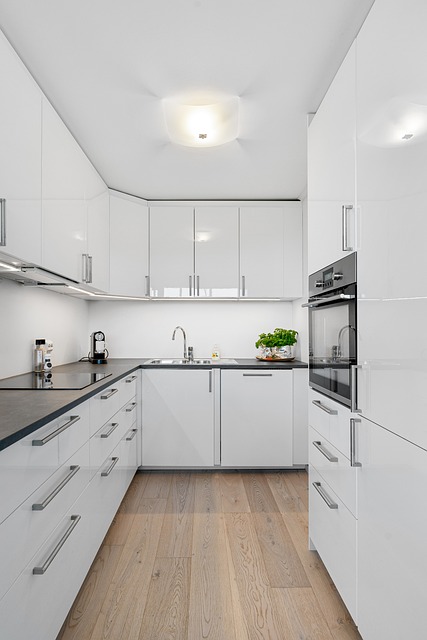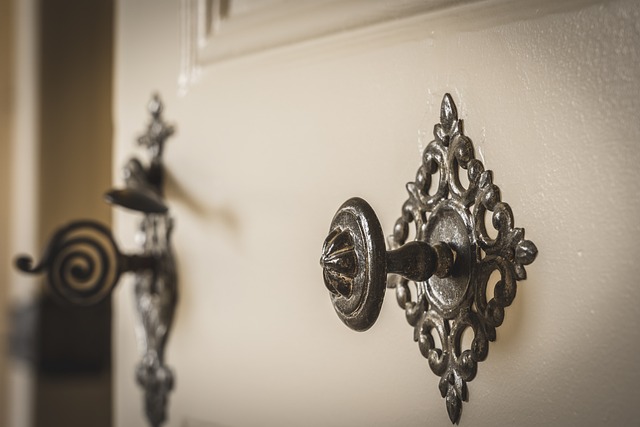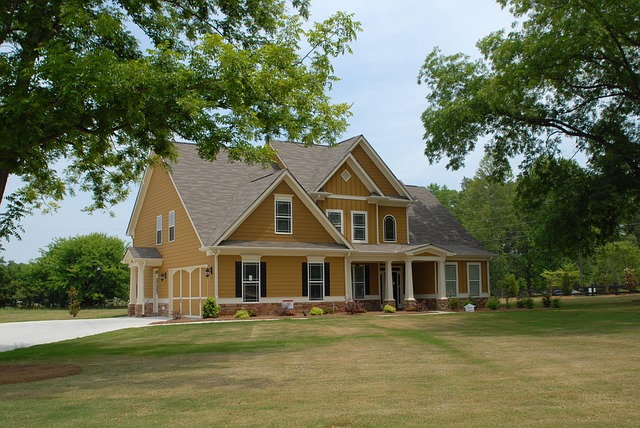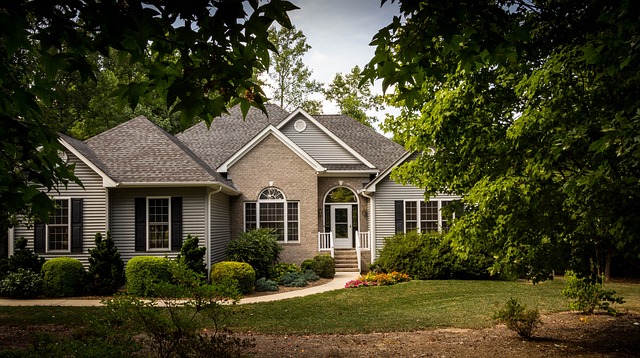At the five-year mark, Singapore's Executive Condominiums (ECs) like those in Sengkang undergo significant changes, transitioning from a mixed housing model to fully privatized units. This period is crucial for residents who must actively participate in the management and maintenance of their community, including upkeep of common areas, landscaping, and ensuring facilities are well-maintained through the Condominium's Management Corporation Strata Title (MCST) and engagement with a Managing Agent. Homeowners have the opportunity to refinance their mortgages at this juncture, potentially benefiting from more favorable interest rates offered by HDB concessionary loans post-Mortgage Servicing Period (MSP). The Housing & Development Board (HDB) plays a vital role in guiding the evolution of ECs beyond maturity, ensuring they continue to meet the changing needs of residents by offering the possibility of conversion into standard HDB flats and updating facilities in line with community growth. These initiatives underscore Singapore's commitment to adapting its public housing offerings to cater to various stages of homeowners' lives, making Executive Condos Sg a dynamic and attractive living option.
Exploring the lifecycle of an Executive Condominium (EC) in Singapore beyond its initial launch offers valuable insights into the property’s evolution over time. This article delves into the transformative changes that occur within an EC community after five years, from eligibility and ownership rules to resale market dynamics, and beyond. We examine the impact of the Lease Buyback Scheme, property valuation trends, maintenance responsibilities, financial considerations for mortgage and refinancing options, and the Housing & Development Board’s (HDB) role in facilitating transitions. A comprehensive overview, this piece unravels what happens to an EC in Singapore at the five-year mark, providing clarity for current and prospective EC owners.
- Understanding the Lifecycle of an Executive Condominium (EC) in Singapore: A 5-Year Overview
- The Initial Five Years: EC Eligibility and Ownership Rules Post-Launch in SG
- Lease Buyback Scheme and its Impact on EC Residents after Half a Decade
- Resale Market Dynamics for Executive Condos After Five Years
- Property Valuation Trends for ECs in Singapore at the 5-Year Mark
- Maintenance and Management of ECs: Ongoing Responsibilities of Residents
- Financial Considerations: Mortgage and Refinancing Options for EC Owners Post-Five Years
- The Role of the Housing & Development Board (HDB) in EC Transitions After 5 Years
Understanding the Lifecycle of an Executive Condominium (EC) in Singapore: A 5-Year Overview
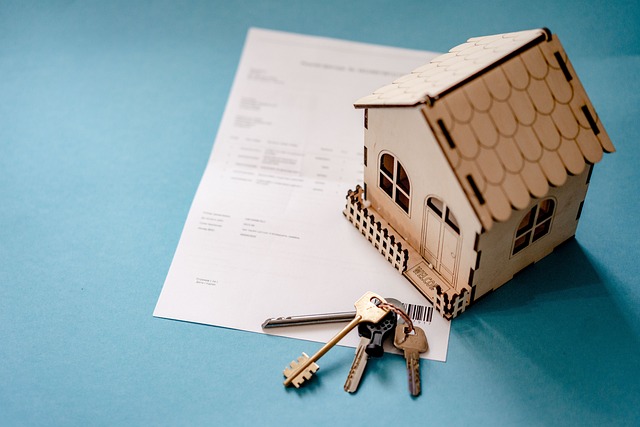
In Singapore, an Executive Condominium (EC) serves as a housing option for both singles and families who do not immediately qualify for a public flat but earn too much to be eligible for a Housing & Development Board (HDB) flat. Over its lifecycle, an EC transitions through significant changes after the first five years of its existence. Initially, these units are available to couples who meet the income criteria, and at least one of the couple must have previously owned or claimed a resale flat. After fulfilling the minimum occupation period (MOP), which is 5 years, ECs become fully privatized HDB flats, eligible for sale on the open market without restrictions. This transition is marked by the Singapore government granting the EC private housing status, allowing current and future owners to sell their units to any buyer, local or foreign.
Post-MOP, ECs in Singapore undergo another key transformation after 10 years. The government assesses if the development still meets the criteria for being classified as an EC. If it does not, the entire project may be reclassified as a private condominium under the Private Residential Quota System. This process ensures that the housing landscape in Singapore adapts to changing demographics and market needs. Owners of ECs can capitalize on this transition if their unit appreciates in value, potentially making it an attractive investment opportunity. Understanding the lifecycle of an EC in Singapore is crucial for homeowners and investors alike, as it informs decision-making regarding purchase timing, resale potential, and long-term property planning.
The Initial Five Years: EC Eligibility and Ownership Rules Post-Launch in SG
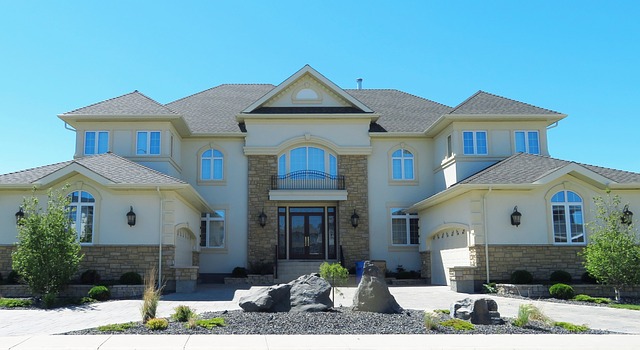
In Singapore’s dynamic property landscape, the Executive Condominium (EC) serves as a unique housing option tailored for the middle-income group. Eligibility criteria for purchasing an EC are distinct from those for public housing and private condominiums. ASingPRs must fulfill certain conditions to be eligible for an EC; they should not own additional properties, and their monthly household income should not exceed S$14,000 at the time of application. The initial five years post-launch see these residential units offering a blend of benefits: affordability coupled with the condominium lifestyle. Ownership rules during this period are designed to balance the needs of different groups, allowing first-time homeowners a foothold in a prime location within Singapore, while also preventing speculative investment. ECs come with a minimum lease duration of 10 years, and as they age beyond five years, the eligibility criteria for subsequent buyers evolve. After the initial five-year period, these condominiums transition into private residential properties, opening up ownership to a broader segment of the population. This transition is marked by changes in the resale criteria and pricing, reflecting the maturation of the EC within Singapore’s property market. The initial years set a foundation for the EC scheme, ensuring its alignment with the housing goals and socio-economic needs of Singapore.
Lease Buyback Scheme and its Impact on EC Residents after Half a Decade

Executive Condominiums (ECs) in Singapore offer a unique hybrid of public and private housing benefits, designed to assist younger couples or first-time homeowners onto the property ladder. The Lease Buyback Scheme (LBS) is a key component that has a profound impact on EC residents after five years. This scheme allows homeowners aged 55 and above to sell a portion of the lease on their resale flat, including ECs, to the government, and reinvest part of the sum to finance their medical and elderly care needs. After half a decade of implementation, the LBS has shown significant benefits for residents. It provides them with cash proceeds from the sale, which can be used to enhance their living standards or fund retirement needs, without having to move out of their mature estates. The scheme also ensures that the remaining lease is extended, making the property more attractive to younger families looking to purchase an EC. This dual benefit has made the LBS a popular option for EC residents approaching middle age, allowing them to age in place with greater financial security and the assurance that their home remains a viable asset for future generations. The scheme’s impact is evident as it addresses the dual challenges of aging population and housing affordability, making it a cornerstone in Singapore’s housing policies.
Resale Market Dynamics for Executive Condos After Five Years
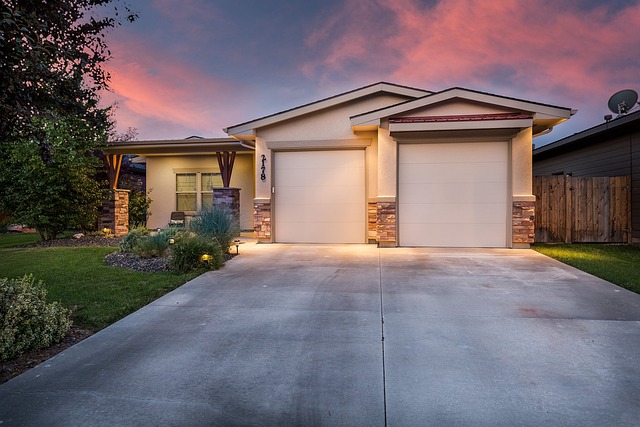
In the dynamic real estate landscape of Singapore, the resale market for Executive Condos (ECs) presents a unique trajectory post-five years from their initial launch. After this period, these properties transition out of their minimum occupation period, which affects their resale value and marketability. Prospective buyers often view ECs that have aged beyond five years with a certain appeal, as they offer the dual benefits of maturing residential estates and potential price appreciation due to factors such as developmental upgrades in the vicinity or changes in demographic patterns. The resale market dynamics for Executive Condos Sg are influenced by various factors including the age of the property, the condition of its fittings and finishes, the prevailing economic climate, and the specific location’s desirability. As these units reach the five-year mark, they compete with newer launches and private condominiums, which can impact their resale prices. However, for investors and buyers looking for value in a competitive market, ECs that have surpassed this milestone can represent an attractive proposition, offering a blend of affordability and established living conditions within mature estates. It’s advisable for those interested in the resale market for ECs Sg to conduct thorough research on past trends, future developments, and the specific EC’s history and maintenance records to make an informed decision.
Property Valuation Trends for ECs in Singapore at the 5-Year Mark
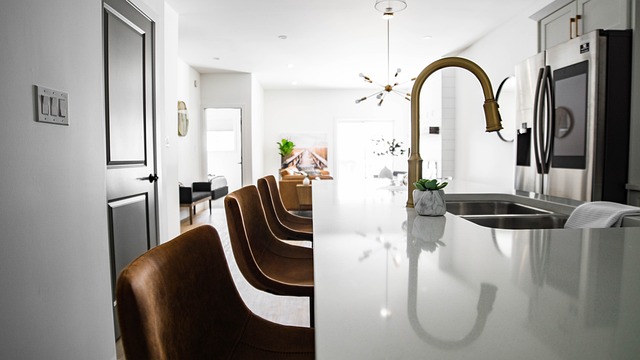
At the five-year mark, property valuation trends for Executive Condominiums (ECs) in Singapore often reveal a fascinating pattern. Typically, ECs appreciate in value due to their unique status as hybrid properties that cater to both first-time homeowners and upgraders. As these developments mature, they tend to attract more interest from the resale market, which can drive up property values. The initial lease decay becomes more pronounced around this time, influencing valuations and investor perceptions of long-term value. Notably, ECs in mature estates or those situated near amenities, transportation nodes, or within growth areas often see a significant uptick in their valuations, reflecting the premium placed on convenience and connectivity.
Furthermore, the Singapore government’s housing policies also play a pivotal role in shaping these trends. Changes to loan terms, subsidy eligibility, or the definition of what constitutes an EC can have immediate effects on demand and valuations. For instance, the eligibility criteria for purchasing an EC are designed to ensure a smooth transition for owners as they upgrade to public housing after a resale lease decay period. This regulatory framework, combined with market forces, dictates that the valuation of an EC at the five-year mark is influenced by both intrinsic property factors and external economic conditions. As such, investors and homeowners should monitor these trends closely to make informed decisions about buying, selling, or upgrading their properties within the Executive Condo landscape in Singapore.
Maintenance and Management of ECs: Ongoing Responsibilities of Residents
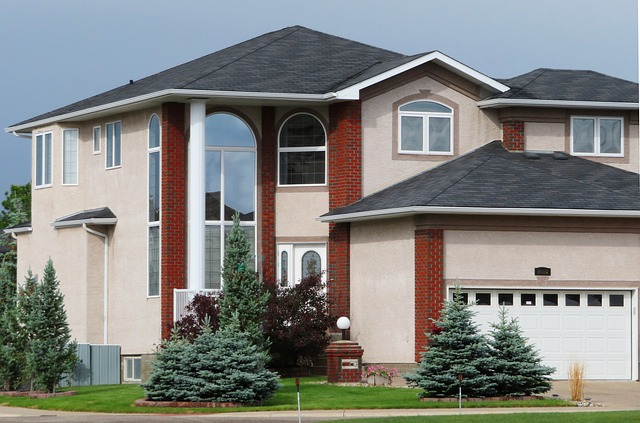
Within the first five years, an Executive Condominium (EC) in Singapore undergoes a significant transformation from being a hybrid of public and private housing to becoming a fully privatized flat or a condominium. This transition is marked by a mandatory sale process if the unit has not been sold within this period. However, even before reaching this milestone, residents have ongoing responsibilities that are pivotal in maintaining the integrity and quality of living within the EC.
Residents of an EC in Sg play a crucial role in the day-to-day management and maintenance of their homes. This includes adhering to the rules set by the Managing Agent and the Condominium’s Management Corporation Strata Title (MCST). Regular upkeep, such as cleaning common areas, landscaping, and ensuring that all facilities are functioning optimally, is essential. Additionally, residents must participate in the decision-making processes for the collective management of the EC, which includes attending Annual General Meetings (AGMs) and Elective Delegates’ Meetings (EDMs). These gatherings are vital for discussing maintenance issues, budgeting, and making informed decisions about the future of their living environment. Proactive engagement in these responsibilities not only preserves the value of the EC but also fosters a harmonious and well-maintained community for current and future residents.
Financial Considerations: Mortgage and Refinancing Options for EC Owners Post-Five Years
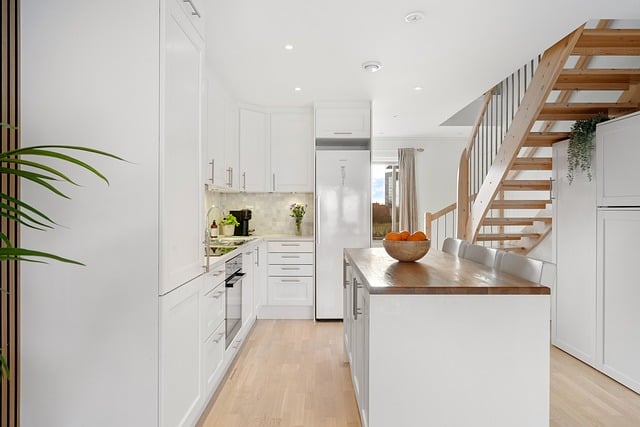
Upon reaching the five-year mark post-purchase, Executive Condominium (EC) owners in Singapore have distinct financial considerations, particularly concerning their mortgage and refinancing options. As the initial 5-year Mortgage Servicing Period (MSP) concludes, EC owners can switch from a market rate loan to a concessionary home loan offered by the Housing & Development Board (HDB). This transition often results in more favorable interest rates, reflecting the shift from a private bank loan to a HDB loan scheme designed for ECs. The decision to refinance should be evaluated against current market rates and individual financial circumstances, as it may lead to significant savings over the remaining tenure of the lease.
Moreover, the fifth-anniversary milestone is also an opportune time for EC owners to review their mortgage terms. If interest rates have fallen since the original loan was taken out, refinancing can lock in these lower rates, potentially reducing monthly repayments and freeing up disposable income. Owners should assess their financial situation, considering factors such as income stability, outstanding loan amount, and personal financial goals. It is advisable to consult with a financial advisor or a bank to explore the best refinancing options available for Sg ECs, ensuring that the chosen plan aligns with the owner’s long-term financial strategy.
The Role of the Housing & Development Board (HDB) in EC Transitions After 5 Years

In Singapore’s unique housing landscape, the Housing & Development Board (HDB) plays a pivotal role in managing the transitions of Executive Condominiums (ECs) after their five-year mark. Post-maturity, these ECs have specific guidelines that dictate their evolution from being suitable for first-time homeowners to catering to upgraders who seek larger spaces or prefer to be in more mature estates. The HDB’s policies ensure a smooth transition for residents, addressing the changing needs of households over time. For instance, after five years, an EC may transition to a regular HDB flat, which allows for longer leases and different eligibility criteria. This shift aligns with Singapore’s strategic housing planning, ensuring that the stock of public housing continues to meet the diverse and evolving demands of its residents. Additionally, the HDB oversees the upgrading of ECs to provide enhanced facilities and amenities, reflecting the maturation of the neighborhood and the needs of its longer-term residents. This process is instrumental in maintaining the vibrancy and cohesiveness of communities within these estates, ensuring that they remain desirable places to live for many years to come.
After a comprehensive examination of the lifecycle of an Executive Condominium (EC) in Singapore over a five-year span, it’s clear that these properties present unique opportunities and challenges for homeowners. The initial years post-launch are crucial for understanding the eligibility criteria and ownership rules set forth by the government, which directly affect the resale market dynamics. As EC residents approach the halfway decade mark, they must consider the implications of the Lease Buyback Scheme on their living arrangements. Property valuation trends indicate that ECs in Singapore maintain a competitive edge, with maintenance and management responsibilities ensuring these residences remain desirable. Financially, EC owners have diverse mortgage and refinancing options post-five years, a testament to the financial flexibility offered within this housing framework. Throughout this period, the Housing & Development Board (HDB) plays an integral role in facilitating smoothing transitions for residents. In sum, owning an Executive Condo in Singapore is a multifaceted journey that requires attention to policy changes and market conditions, but ultimately offers a stable and rewarding living environment for eligible applicants.
